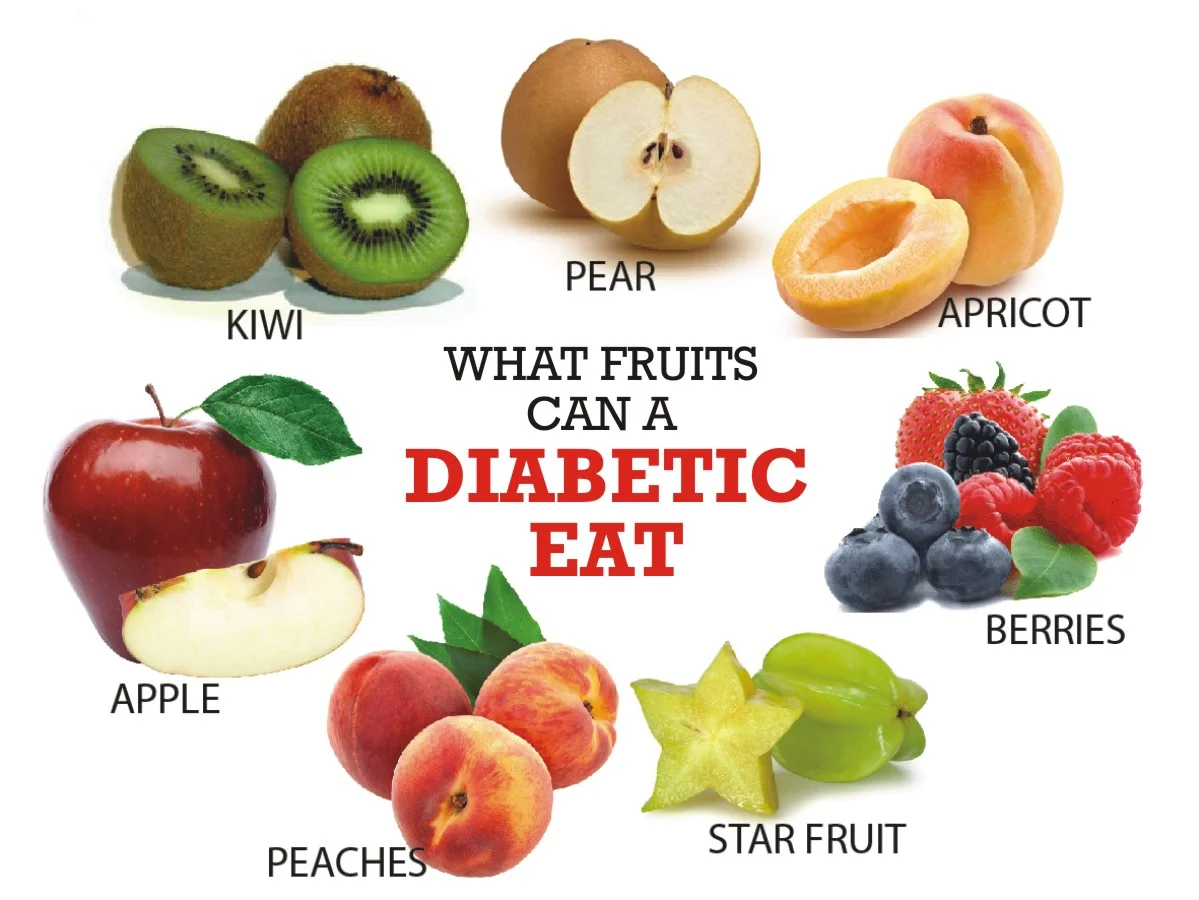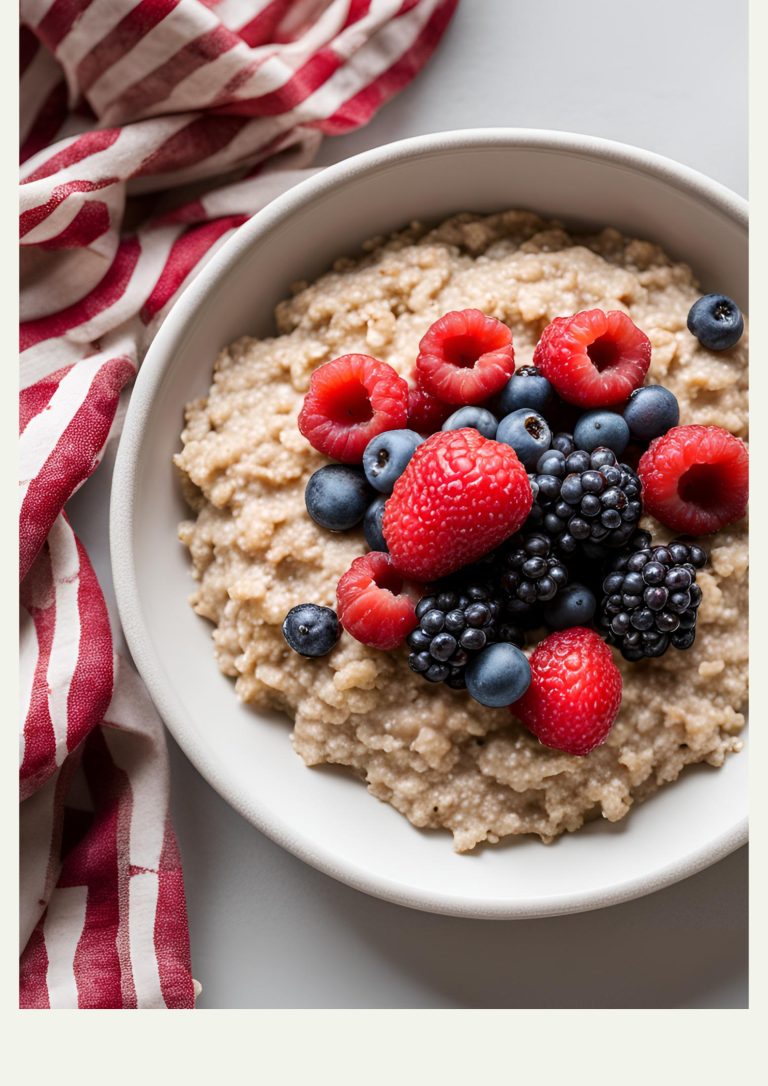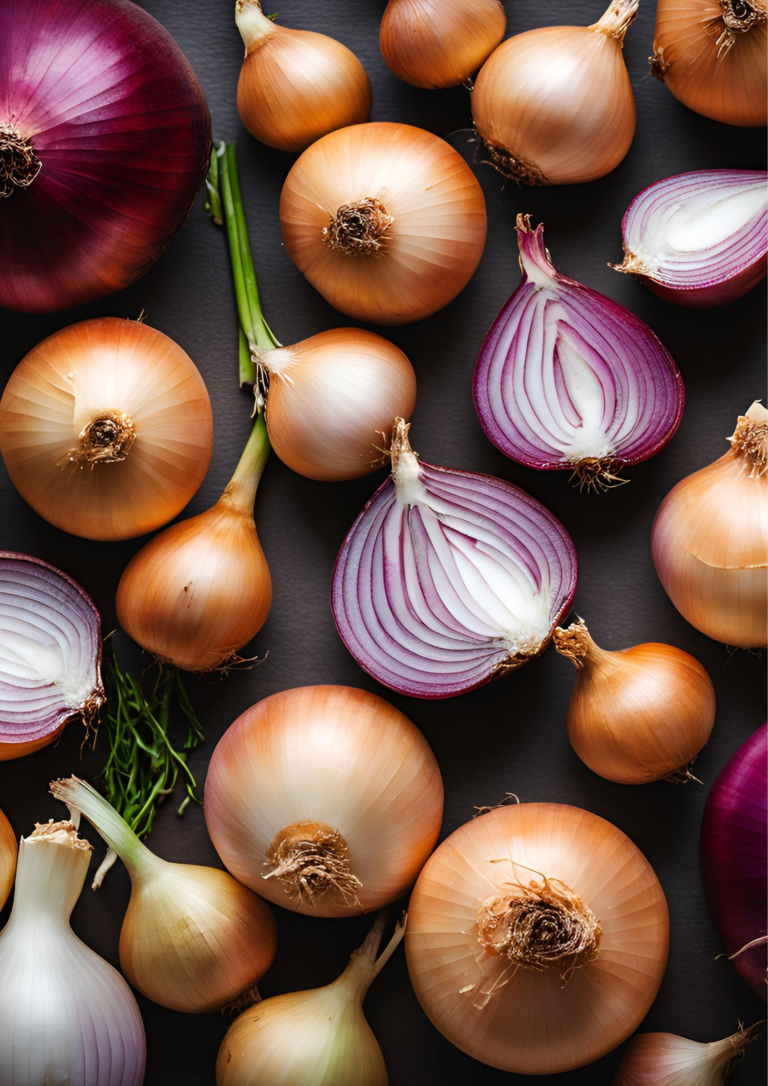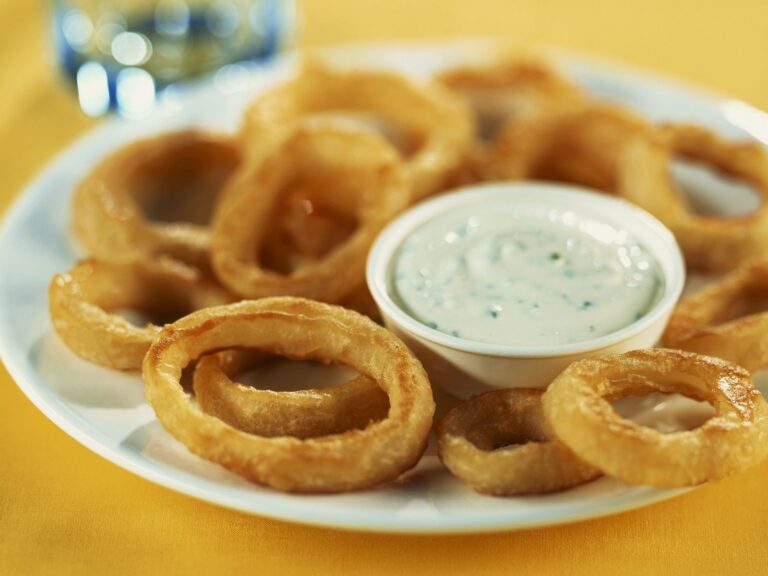14 Fruits for Diabetics: The Ultimate Guide to Blood Sugar-Friendly Choices
Managing diabetes doesn’t mean giving up on fruits altogether. While it’s true that fruits contain natural sugars, many also offer fiber, vitamins, antioxidants, and a low glycemic index (GI), making them suitable for a diabetic-friendly diet. Knowing which fruits to eat, how much to consume, and how they impact your blood sugar levels is crucial. This comprehensive guide on 14 fruits for diabetics will help you make informed, healthy, and delicious choices without compromising your blood sugar control.
Incorporating the right fruits into your diabetic diet can boost your nutrient intake and even help regulate blood sugar. The key is moderation, portion control, and choosing fruits that offer maximum nutritional value with minimal impact on glucose levels.
Understanding Fruits and Diabetes
Before diving into the list of 14 fruits for diabetics, it’s important to understand how fruits interact with blood sugar levels. Fruits contain natural sugar in the form of fructose, but they also provide dietary fiber, which slows down the absorption of sugar in the bloodstream. This can help prevent rapid spikes in glucose levels, especially when fruits are consumed in their whole form.
The glycemic index (GI) is a measure of how quickly a food raises blood glucose levels. Diabetics are advised to eat fruits with a low to moderate GI and focus on those that are high in fiber, antioxidants, and essential nutrients.
1. Berries (Strawberries, Blueberries, Raspberries)
Berries are among the best fruits for diabetics. They are low in calories, packed with antioxidants, and rich in fiber. Their glycemic index ranges from 25–40, which is considered low.
- Fiber content: Helps slow down sugar absorption
- Antioxidants: Support insulin sensitivity
- Recommended serving: ¾ cup
2. Apples
An apple a day might actually be beneficial for diabetics. Apples have a low GI of 36 and are rich in fiber and vitamin C.
- Skin contains most of the fiber, so eat apples unpeeled
- Good for reducing inflammation and cholesterol
- Recommended serving: 1 small to medium apple
3. Pears
Pears are sweet, juicy, and ideal for blood sugar management. They have a low GI of 38 and are high in soluble fiber.
- Helps improve gut health and digestion
- Promotes satiety and blood sugar control
- Recommended serving: 1 medium pear
4. Oranges
Oranges are packed with vitamin C and have a low GI of around 40. Despite their sweet taste, whole oranges are a great fruit choice for diabetics.
- Avoid orange juice, which spikes blood sugar
- Rich in antioxidants like flavonoids
- Recommended serving: 1 small orange
Also Read: Grits for Diabetics: Everything You Need to Know About This
5. Kiwi
Kiwi is a nutrient-dense fruit with a GI of about 50. It contains vitamin C, potassium, and a good amount of fiber.
- Supports immunity and cardiovascular health
- Helps regulate blood sugar due to fiber content
- Recommended serving: 1 medium kiwi
6. Peaches
Peaches, with a GI of around 42, are juicy and refreshing. They are rich in vitamins A and C, potassium, and fiber.
- Best eaten with the skin on for added fiber
- Fresh peaches are better than canned (especially in syrup)
- Recommended serving: 1 medium peach
7. Cherries
Cherries have a very low GI (22) and are high in antioxidants. They help fight inflammation and may even support better glucose control.
- Contains anthocyanins that improve insulin sensitivity
- Tart cherries may be especially beneficial
- Recommended serving: 1 cup fresh cherries
8. Grapefruit
Grapefruit is another citrus fruit that benefits diabetics, with a low GI of around 25. It’s known for supporting weight loss and improving insulin sensitivity.
- Contains naringenin, a flavonoid with anti-diabetic properties
- Avoid grapefruit if on certain medications (check with your doctor)
- Recommended serving: ½ grapefruit
9. Plums
Plums have a moderate GI of about 40 and are rich in fiber and antioxidants. Dried plums (prunes) should be consumed in limited quantities.
- Supports digestion and healthy metabolism
- May help reduce appetite and improve satiety
- Recommended serving: 1 small plum
10. Avocados
Though technically a fruit, avocados are low in carbohydrates and packed with healthy fats, fiber, and potassium.
- GI is negligible due to minimal sugar content
- Improves insulin sensitivity and heart health
- Recommended serving: ⅓ to ½ avocado
11. Pomegranates
Pomegranates are high in antioxidants and polyphenols, which have been shown to improve insulin resistance. Their GI is around 53.
- Helps reduce oxidative stress in diabetics
- Eat the seeds (arils) instead of drinking juice
- Recommended serving: ½ cup seeds
12. Guava
Guava is a tropical fruit with a low GI and very high fiber content. It’s also rich in vitamin C and potassium.
- Supports weight management and glucose control
- Lowers post-meal blood sugar levels
- Recommended serving: 1 small guava
13. Watermelon (In Moderation)
Watermelon has a high GI (around 72) but is low in carbohydrates per serving, which makes it suitable in small portions.
- Rich in hydration and lycopene
- Eat with a source of protein or fat to slow sugar absorption
- Recommended serving: 1 cup diced
14. Papaya
Papaya is moderately sweet, with a GI of 60. It is rich in antioxidants, vitamins A and C, and has digestive enzymes like papain.
- Helps in digestion and reduces inflammation
- Consume in moderation to avoid sugar spikes
- Recommended serving: ½ cup
Tips for Eating Fruits with Diabetes
To safely enjoy these 14 fruits for diabetics, consider the following tips:
- Always eat whole fruits instead of juices
- Pair fruits with proteins or fats to balance blood sugar
- Stick to recommended portion sizes
- Spread fruit consumption throughout the day
- Monitor your blood sugar after eating fruit
- Choose seasonal and fresh fruit over canned or processed
Fruits Diabetics Should Limit or Avoid
While no fruit is completely off-limits, some should be eaten with caution due to their high sugar content and glycemic index:
- Bananas (in large portions)
- Grapes (easy to overconsume)
- Pineapple (high GI)
- Mangoes (moderate-high GI)
- Dried fruits like raisins, figs, and dates
These fruits can still be enjoyed occasionally in small amounts and paired with low-GI foods.
The Role of Fiber in Fruit for Diabetics
Fiber is a critical nutrient for diabetics. It slows digestion and sugar absorption, keeping blood glucose levels stable. Most of the fiber in fruits is found in the skin and pulp, which is why it’s important to eat fruits whole rather than juiced or peeled.
Fruits rich in soluble fiber like apples, pears, and guava help improve cholesterol levels, regulate blood sugar, and promote fullness. Incorporating high-fiber fruits in your diet can also aid in weight management—an essential aspect of diabetes control.
How Much Fruit Can a Diabetic Eat Per Day?
The American Diabetes Association recommends that diabetics include fruit as part of a balanced diet. Aim for 2–3 servings per day, each serving being:
- 1 small piece of fruit (e.g., apple, orange, plum)
- ½ cup fresh berries or chopped fruit
- ¼ cup dried fruit (occasional treat)
Balance fruit intake with other sources of complex carbs and monitor blood sugar regularly to understand your body’s response.
Creating a Diabetic Fruit Plan
A diabetic fruit plan ensures that you’re getting the right types and amounts of fruits daily. Here’s a sample plan:
Breakfast:
- ½ cup strawberries with oatmeal
Snack:
- One small apple with a tablespoon of peanut butter
Lunch:
- Green salad with ½ sliced avocado
Dinner:
- Grilled chicken with a side of guava slices or papaya cubes
Evening snack (optional):
- ½ cup cherries or blueberries
Final Thoughts
Choosing the right fruits for diabetics doesn’t have to be complicated. These 14 options offer a wide range of nutrients while keeping your blood sugar in check. When consumed mindfully, fruits can be an essential part of your diabetes management plan, delivering antioxidants, fiber, vitamins, and natural sweetness to your meals.
Always remember that portion size, food pairing, and timing play crucial roles in how fruits impact your blood glucose. Working with a registered dietitian or nutritionist can also help personalize your diet based on your specific needs and blood sugar goals.
FAQs
1. Can diabetics eat fruit every day?
Yes, diabetics can eat fruit daily as part of a balanced diet. The key is choosing low-GI fruits and consuming them in appropriate portions.
2. What fruits are best for lowering blood sugar?
Fruits like berries, apples, pears, and cherries are excellent for managing blood sugar due to their low GI and high fiber content.
3. Should diabetics avoid bananas?
Bananas are not off-limits but should be eaten in small portions due to their higher carbohydrate content. Pairing with a protein or fat source can help.
4. Is fruit juice okay for diabetics?
It’s best to avoid fruit juice because it lacks fiber and can cause a rapid spike in blood sugar. Whole fruits are always a better choice.
5. How many servings of fruit can a diabetic have per day?
Most diabetics can safely consume 2–3 servings of fruit per day, depending on their blood sugar control and dietary needs.
6. Can fruit raise my blood sugar?
Yes, fruits contain natural sugars that can raise blood glucose levels, especially if consumed in excess or without fiber. Choosing the right fruits helps minimize spikes.
7. Are dried fruits safe for diabetics?
Dried fruits are concentrated sources of sugar and should be eaten sparingly. If included, limit to 1–2 tablespoons and avoid added sugars.
8. Is watermelon bad for diabetics?
Watermelon has a high GI but is low in carbs per serving. Small portions can be included occasionally.
9. What is the best time to eat fruit for diabetics?
Fruits are best eaten with meals or as snacks paired with protein or healthy fats to slow sugar absorption.
10. Can I eat fruit at night if I have diabetes?
Yes, but opt for low-GI fruits in small portions and monitor your blood sugar response. Avoid high-sugar fruits before bed.






